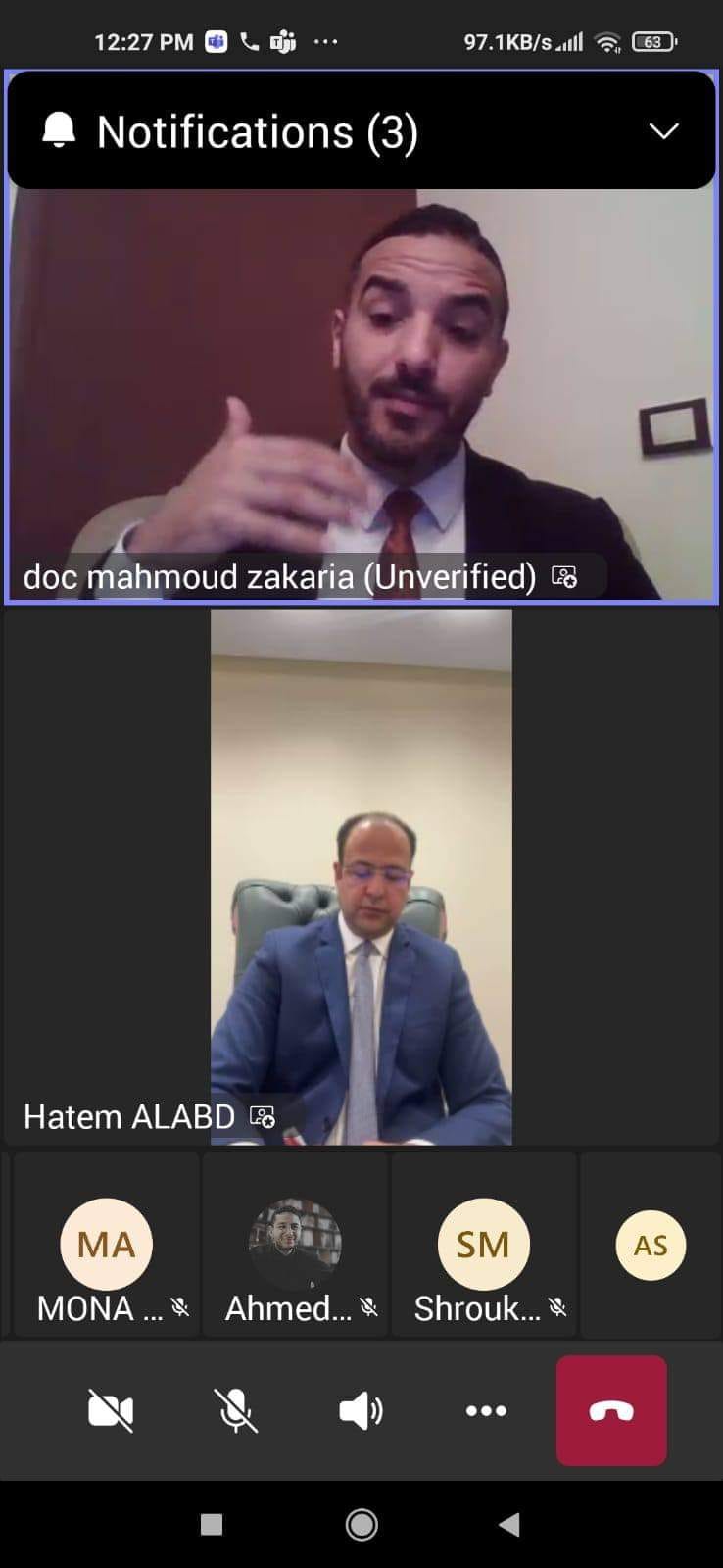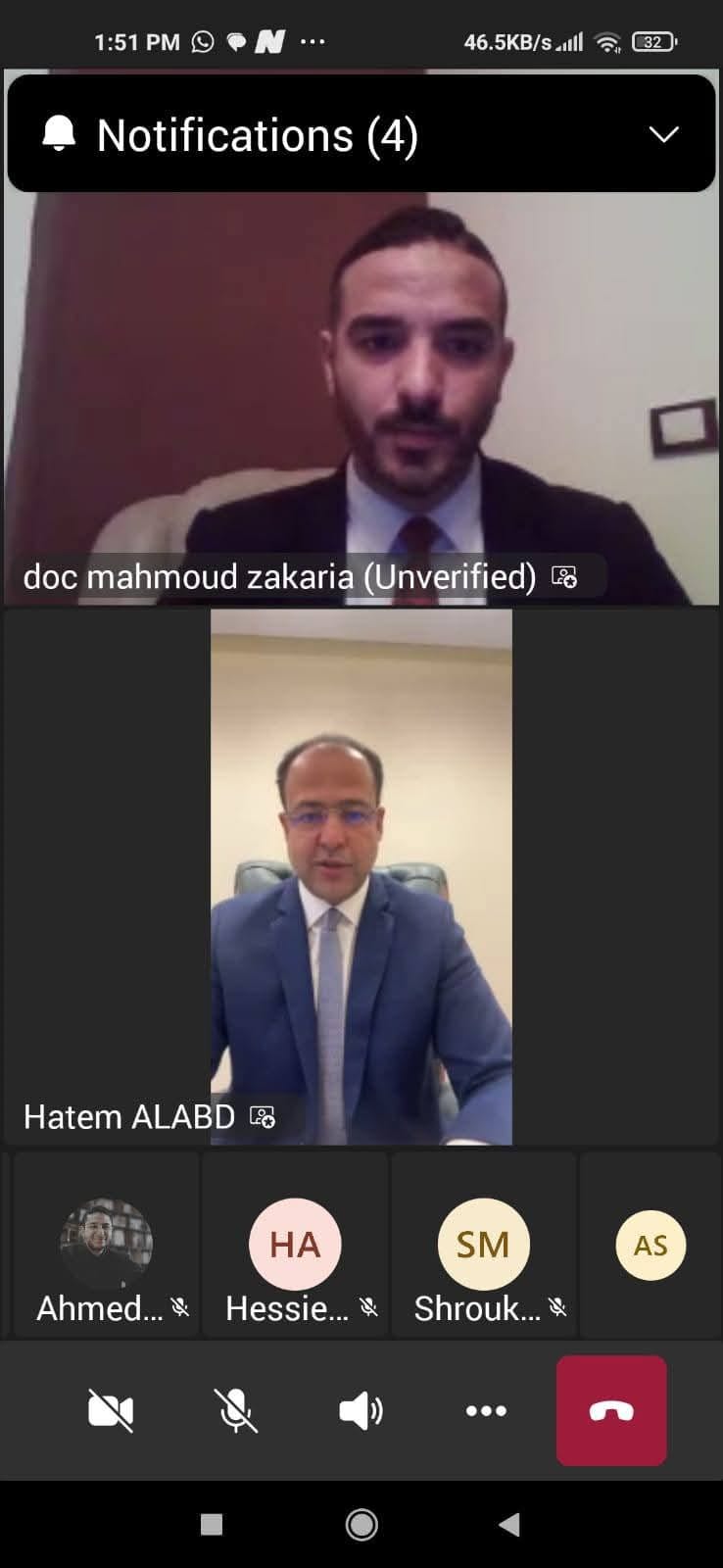Ethiopian Policies Under the Spotlight of the Middle East Research Center
Under the patronage of Prof. Mohamed Diaa Zain El-Abedeen, President of Ain Shams University, and Pro. Ghada Farouk, Vice President for Community Service and Environmental Development and Chairperson of the Center's Board, the Middle East Research and Future Studies Center held its first scientific conference of the 2024-2025 cultural season titled "Ethiopian Policies and Their Impact on Africa." The conference featured the participation of Prof. Mahmoud Zakaria, Assistant Professor of Political Science at the Faculty of African Studies, Cairo University, and Dr. Hatem El-Abd, Director of the Center, along with the attendance of a large number of Egyptian and Arab researchers.
Dr. Hatem El-Abd opened the conference with a welcome to the attendees and emphasized the importance of closely studying Ethiopian policies due to their significant consequences on both Egyptian and African national security, particularly in the context of water policies. He highlighted that Ethiopia's actions represent a blatant violation of international laws and norms, including agreements and treaties regarding the Nile waters, which obligate upstream states not to construct dams or undertake measures that could affect the water shares of downstream nations, Egypt and Sudan.
Dr. El-Abd stressed that while Egypt has consistently supported development efforts across African nations, it will stand firmly against any actions that threaten its historical rights to the Nile waters—rights that cannot be compromised under any circumstances.
Following this, Prof. Mahmoud Zakaria spoke, shedding light on Ethiopia's internal political landscape and the succession of regimes following the fall of the Soviet Union. He elaborated on the growing confrontations between the Ethiopian government, led by Abiy Ahmed, and various opposition groups. Dr. Zakaria argued that Abiy Ahmed often provokes international crises to distract the public from Ethiopia's internal conflicts and challenges.
He further explained Ethiopia's policies that impact national security in the Middle East, particularly Egypt. Among these is Ethiopia's Memorandum of Understanding with Somaliland, recognizing its independence from Somalia. This move aimed to secure access to the Red Sea but challenged Egypt’s strategic interests, given Somalia's critical position in Egypt's southern Red Sea security. Egypt has opposed this agreement, reiterating its commitment to Somalia’s unity.
One of Ethiopia's most controversial actions, Dr. Zakaria stated, is the construction of the Grand Ethiopian Renaissance Dam (GERD). He warned of the severe implications this project would have on Egypt and Sudan's historical water shares, which are safeguarded by numerous documented and internationally recognized agreements and treaties.
Dr. Zakaria highlighted Egypt’s relentless efforts to counter Ethiopia’s policies, whether through bilateral negotiations or within international forums such as the African Union and the United Nations Security Council. Egypt spares no effort in protecting its legitimate and inalienable rights to the Nile waters.
The session concluded with an open discussion, where attendees engaged in a lively exchange of questions and comments, to which the speakers responded comprehensively.
 |
 |
 |
||


.svg)

